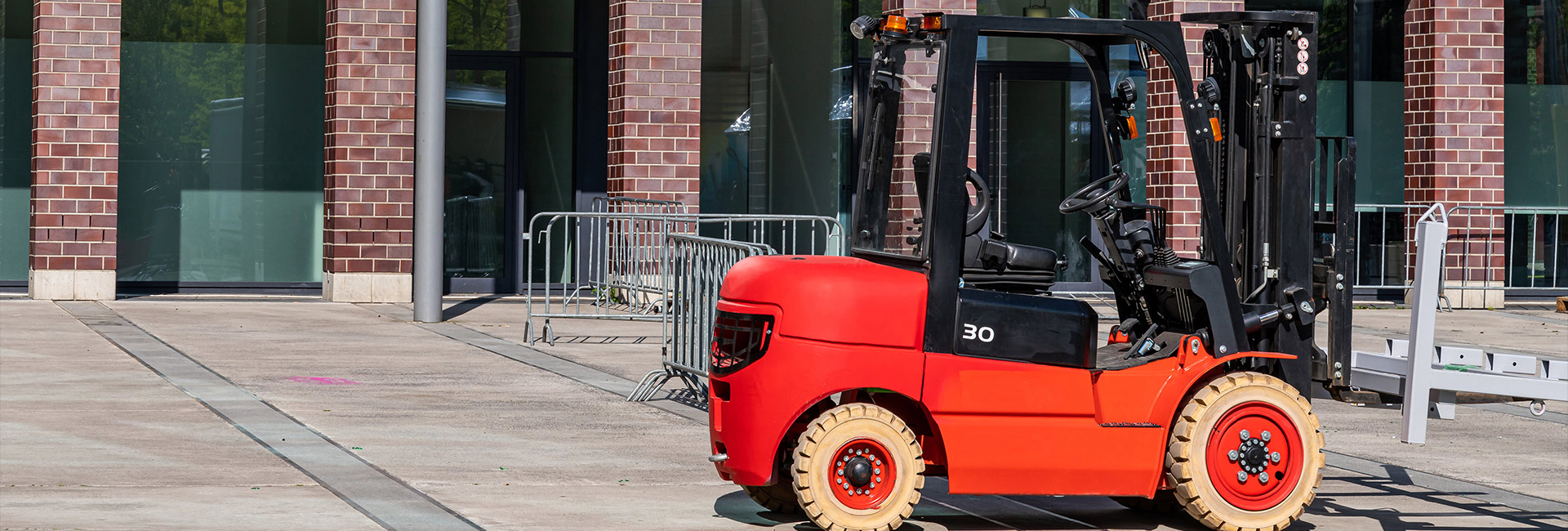
Environmental impact of Chinese forklifts
In recent years, Chinese forklift manufacturers have been progressively upgrading their products to comply with stricter environmental standards and minimize their impact on the environment. Brands such as BYD, Hangcha, and JAC are investing in technologies that reduce carbon dioxide emissions, lower energy consumption, and enhance resource efficiency, all aimed at diminishing the environmental footprint of the forklift industry.
Electric Forklifts as the Green Choice
One of the primary ways Chinese forklift manufacturers are decreasing their environmental impact is by transitioning to electric models. Electric forklifts, such as those produced by BYD and Maximal, do not emit harmful exhaust gases, resulting in cleaner air and a reduction in global warming contributions. Chinese electric forklift manufacturers are also utilizing advanced battery technology that offers higher capacity and longer life, thereby reducing the need for frequent battery replacements and minimizing electronic waste.
Additionally, electric forklifts reduce workplace noise, positively affecting worker health and productivity. These benefits make Chinese electric forklifts an excellent choice for companies aiming to lessen their environmental footprint and improve workplace conditions.
Lower Emission Levels
Chinese manufacturers producing diesel and LPG forklifts are also investing in technologies that minimize emissions. Advances in fuel combustion systems and enhanced filtration methods have led to reductions in carbon dioxide, nitrogen oxides, and particulate matter—pollutants that affect air quality.
While electric forklifts represent the cleanest option available, manufacturers such as Hangcha are developing technologies that make diesel and LPG models more efficient and less harmful to the environment. The incorporation of highly efficient engines, modern exhaust gas recycling systems, and reduced fuel consumption has made these forklifts significantly better for the environment than in the past.
Increased Energy Efficiency
In addition to the shift towards electric models, many Chinese fossil-fuel forklifts are equipped with advanced technologies designed to decrease energy consumption. Innovations in engine design, hydraulic systems, and electronic controls facilitate greater energy efficiency, meaning these forklifts use less fuel and generate fewer emissions while maintaining high performance levels.
New energy optimization systems also allow for better control of forklift operations, leading to decreased refueling needs and, consequently, lower CO2 emissions.
Use of Recycled Materials and Sustainable Resources
Many Chinese brands have begun incorporating recycled materials into their forklift production processes. By using these materials, they are able to reduce the need for new resource exploitation, thus lessening their negative impact on the environment. The use of environmentally friendly components in forklift production contributes to a reduced environmental footprint.
Moreover, manufacturers are focusing on creating durable and easily serviceable products, which minimizes the frequency of equipment replacement and reduces industrial waste.
Chinese Forklift Factories and Environmental Standards
Chinese forklift brands are increasingly pressured to enhance environmental standards within their factories. Many are investing in energy-efficient production processes, using renewable energy sources, and minimizing harmful emissions during manufacturing. A commitment to environmental standards and certifications has become an increasingly important competitive factor in the global market.
Although Chinese forklifts were initially known primarily for their lower prices, they now bring numerous innovations that reduce their environmental impact and contribute to global efforts to preserve the environment.
How to contact us?
If you have any questions for us or wish to purchase a specific forklift, please contact us via the CONTACT page or send us an INQUIRY using the online form.
